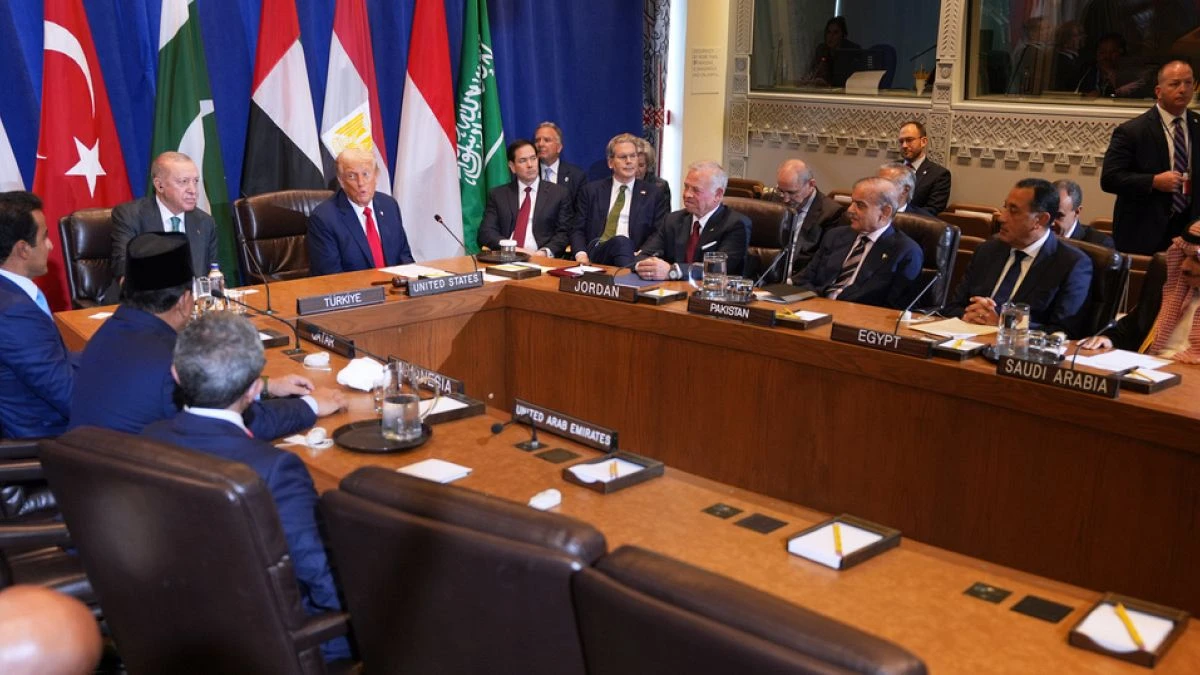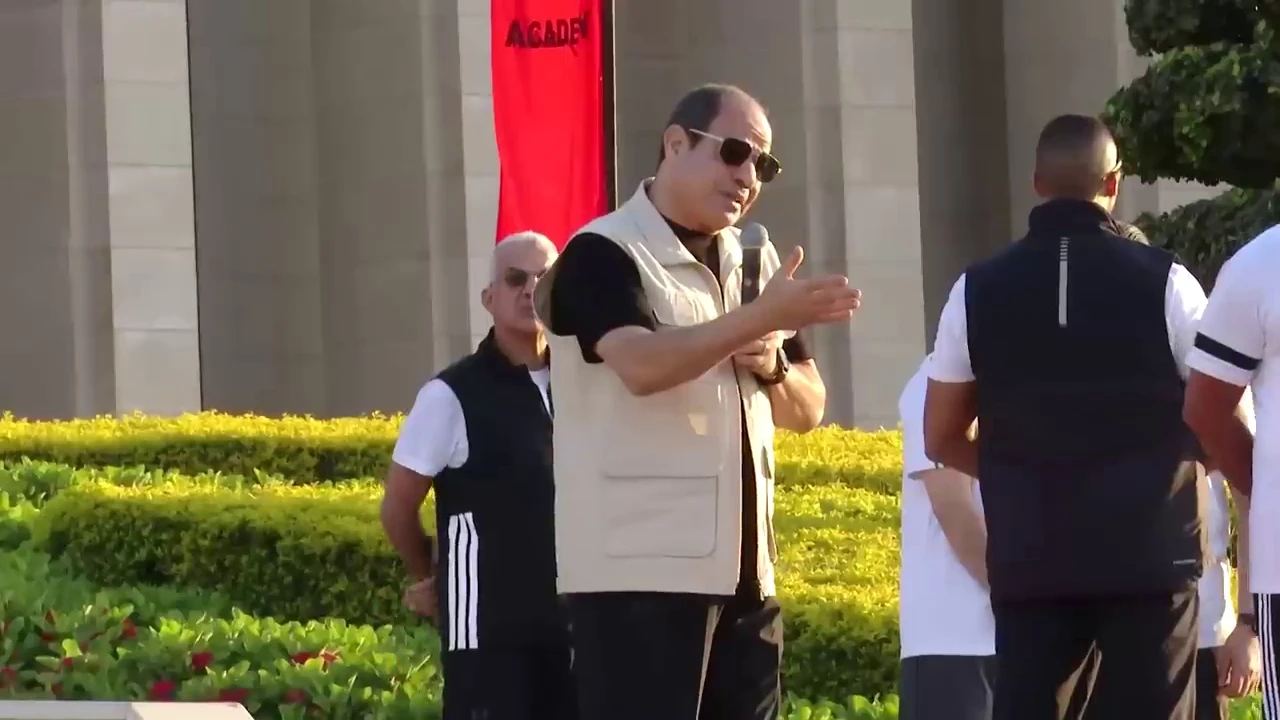Current Rafah Battle: Netanyahu Between Northern Escalation and U.S. Pressures
This is an AI-generated English translation. The original text is in Arabic.
In recent months, there has been a serious escalation in the conflict between the Israeli army and Hamas in Gaza, with tensions increasing as Hezbollah from Lebanon and the Houthis in Yemen have entered the fray, further complicating the regional landscape.
Although Hezbollah's intervention in the north has remained relatively limited over the past eight months, the death of the Iranian president and his foreign minister has sparked tensions, despite Tehran's announcement that the incident was accidental and not orchestrated. However, as is often the case in such events, not everything that is announced is believed.
Following the events of October 7, which began with Hamas's incursion into the Gaza envelope settlements and the capture of Israeli hostages in response to violations against Palestinians, Israel intensified its military operations in Gaza and the West Bank, carrying out assassinations targeting leaders of Hezbollah even though the party's intervention had initially been limited, focusing on empty military equipment. However, the incident involving the Iranian plane added an additional dimension to the tension.
Contrasting Approaches in Israel
It appears that there are two opposing currents within Israel regarding how to handle the conflict:
The first: Escalation towards war
This approach is supported by prominent figures such as Netanyahu, Defense Minister Gallant, and Chief of Staff Halevi. The failure of the American mediation led by Hochstein in Lebanon to de-escalate reflects this trend. This group sees war as a means to unify the Israeli home front and divert attention from the political and military failures exposed by the "Al-Aqsa Flood" operation, in addition to personally protecting Netanyahu from legal and political crises that threaten his future.
The second: De-escalation and containment of the conflict
This approach, which is supported by some political and military leaders, seeks to avoid a comprehensive war that could have catastrophic consequences for Israel and the region. It is reflected in the increasing American pressures, as Washington aims to calm the region to protect its interests, while also strengthening President Biden's position ahead of the upcoming American elections.
The Battle of Rafah
Under increasing internal and external pressure, Netanyahu initiated an extensive military operation in Rafah on June 21, in an attempt to eliminate what remains of Hamas's capabilities there before considering any confrontation in the north. Indicators suggest that Tel Aviv was planning for a war with Hezbollah, but American pressures have made it focus first on quickly resolving the Gaza issue.
Expectations of a war in Lebanon have increased as foreign embassies began warning their nationals to leave, but the most likely scenario seems to be an attempt to conclude the Battle of Rafah and then move on to limited operations, such as assassinations and targeted strikes, rather than a comprehensive war in the north.
Possible Scenarios
The question remains: Will this strategy serve the interests of Netanyahu and his team, or will Iran and Russia seek to drag the region into a broader conflict that weakens Western support for Ukraine and enhances Moscow's influence in the Middle East? The evident confusion in Israeli decision-making makes both scenarios plausible, but the stronger likelihood in the near term is a move towards de-escalation rather than escalation.
Conclusion
The current conflict cannot be separated from the regional and international complexities; the interplay between the Gaza battle, pressures from Hezbollah and the Houthis, and the Russian-American rivalry are all factors that place the region on the brink of a comprehensive confrontation. However, international pressures on Israel may make the scenario of calm more likely, at least temporarily, as we await what the coming weeks will reveal.







